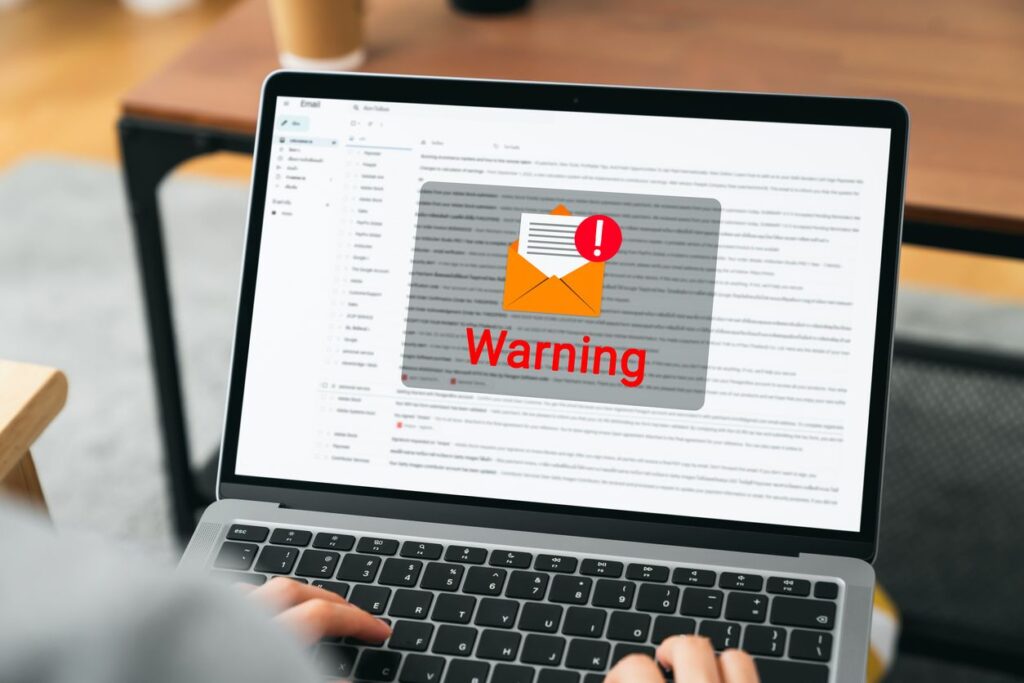Let’s be honest about cybersecurity. It feels like just another thing on an already packed to-do list, doesn’t it? But here’s the thing – you can’t really afford to brush it aside anymore. It’s no longer just the domain of massive corporations or IT teams locked away in big organisations. Cybercriminals are sharp, and they’re not just aiming for the corporate giants these days – startups, emerging tech firms, and growing service providers are right in their sights.
And if you’re in the C-suite or head up IT, you know the real challenge isn’t understanding why cybersecurity matters. It’s finding the time to juggle yet another priority. Sure, articles and webinars might bang on about how important it all is, but they rarely take the pressure you’re under into account. Tight deadlines, chasing ambitious growth targets, making sure customers are happy – the list goes on, doesn’t it? But here’s the good news: recognising the threats is just the first step. Once you’ve got that down, you’re already on your way to turning things around.
And that’s where the opportunity is. No need for scare tactics or flapping over every alarming headline. It’s about smart, considered decisions that give you the upper hand. The risks are real, but what does that actually mean for businesses like yours? Let’s dive in and take a closer look.
When Trust Take a Hit: The Cost of Cyber Breaches

Reputation is currency in business, and for UK SMEs, it’s often the difference between winning that next big deal or losing out to a competitor. But here’s the problem: cyber threats are putting that hard-earned trust on the line. The numbers don’t lie – breaches and attacks are hitting businesses like yours harder than ever, and the fallout isn’t just about money. According to the latest Cyber Security Breaches Survey, 43% of UK businesses were hit by a breach or attack in the last year. That’s over 612,000 organisations dealing with more than just financial losses – they’re facing the kind of trust issues that can take years to rebuild.
Here’s what you’re up against:
- 43% of UK businesses faced a cyber breach or attack in the past year.
- 85% said phishing is their biggest headache.
- AI-powered impersonation attacks are on the rise, especially for micro businesses.
- 67% of medium-sized businesses were targeted last year.
- The average breach costs £1,600, but the worst ones hit £3,550.
- 7% of businesses temporarily lost access to files or networks – up from 4% in 2024.
And yet, despite all this, many businesses are still leaving themselves exposed. Only 32% of businesses, and 30% of charities, have clear guidance on when to report a cyber breach. Awareness of government-backed initiatives like Cyber Aware is slipping too – just 24% of businesses know about it now, compared to 34% in 2021.
Then there’s the investment gap:
- 38% of SMEs spend less than £100 a year on cybersecurity.
- 32% have no protections in place at all.
- Over half (52%) of employees haven’t received any cybersecurity training.
It’s no wonder the risks are growing. The question now isn’t whether you can afford to invest in cybersecurity – it’s whether you can afford not to.
Are Cyber Threats on Your Radar?

Between managing cash flow and keeping customers happy, cybersecurity can feel like a low priority for UK SMEs. But understanding the risks you face can make protecting your business simpler and less stressful. Here’s a quick look at three types of cybersecurity risks and what they mean for you:
1. Mitigatable Risk: These are risks you can fix quickly with the right tools and effort.
Example: Think about adding a multi-factor authentication (MFA). It’s a simple step that can block 99% of unauthorised access – even if someone has your password already. Little changes like this can have a massive impact on your security.
Not sure where to begin? Check out how the Confederation of Tourism & Hospitality (CTH) modernised its workplace to enhance security and efficiency through proactive measures.
2. Transferable Risk: Some risks can be passed on, like through cyber insurance. It’s your safety net for those “just in case” moments.
Example: Why carry it all on your own? Partnering with a managed IT provider is like having an extra pair of hands for your business. They can cut IT costs by 30%, boost productivity, and reduce your risk of a cyberattack by half. A win-win, wouldn’t you say.
3. Acceptable Risk: Not every risk is worth fixing. Some are small enough to live with, freeing you up to focus on what really needs your attention.
Example: Worried about where to start? The Cyber Essentials programme, backed by the National Cyber Security Centre, helps you focus on the essentials. It’s designed to safeguard your business operations without making things more complicated than they need to be.
From Vulnerability to Vitality: Cybersecurity as a Growth Driver
Cybersecurity isn’t just about stopping troublemakers; it’s your chance to protect what matters and keep things moving smoothly. For UK SMEs, these little tweaks can make a big difference:
- Sort the Essentials First. Picture a tech hiccup right in the middle of your busiest trading hours. Would you rather fix it beforehand or wrestle with the fallout? Focus your efforts where they’ll make the most impact.
- Make Security Second Nature. Locking the door behind you is instinctive, right? Make digital security just as automatic – with tools like MFA or encrypted devices that do the job without slowing you down.
- Champion Compliance. GDPR might feel like a form-filling marathon, but it’s also a badge of honour. Show clients and partners you’re serious about privacy by keeping your data policies sharp and secure.
- Smart Tools Make Smoother Days. Tech doesn’t have to come with a manual the size of a dictionary. Platforms like Microsoft 365 wrap useful tools and top-notch security into one neat package that grows with you.
- Keep One Eye on Tomorrow. Your business is shifting all the time, and risks are no different. Checking in regularly with Cyber Essentials or the NCSC keeps you one step ahead of any surprises.
- Cut the Tech Jargon. Not everyone loves geeking out over security settings. Stick to plain old English, so everyone’s clear on what’s what, whether they’re in the boardroom or on the shop floor.
- Always Have a Plan B. Imagine your card reader goes down at your most packed moment of the week. Backups like a spare device or a workaround plan can turn a headache into a stress-free moment.
Turning the Tables: How Cybersecurity Fuels Small Business Success

Cybersecurity isn’t just about ticking boxes or dodging threats; it’s about giving your business in London the freedom to get on with what really matters. When your security’s sorted, you can focus on growing, innovating, and pushing boundaries, all without fretting about the risks online. It’s peace of mind that helps you move forward.
When done right, cybersecurity becomes less of a chore and more of a launchpad. It keeps your ideas safe, your operations smooth, and your team confident to push boundaries. For business leaders steering ambitious companies, it’s the kind of strategic edge that not only protects your progress but helps you adapt, pivot, and thrive in a world that never stops moving forward. Make security part of your story – it’s worth it.








